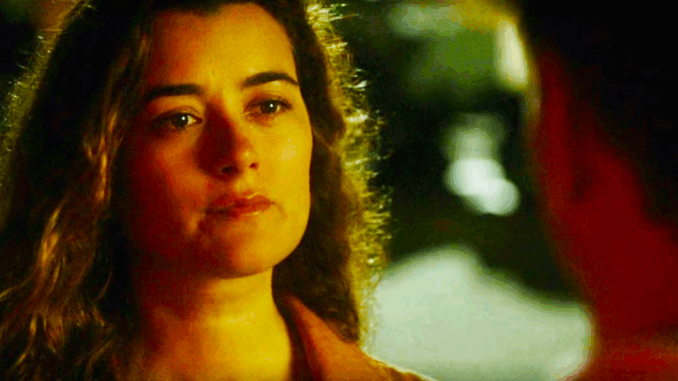
She Wasn’t Just a Badass. She Was a Blueprint.
When Ziva David first appeared on NCIS, she wasn’t meant to stay. She was a replacement — a solution to Sasha Alexander’s sudden departure. But almost instantly, the Mossad agent with the unreadable eyes and clipped English became something else entirely: an icon.
Ziva didn’t just reshape the team. She reshaped how women, immigrants, and warriors were seen on American television.
The Weapon and the Wound
Ziva wasn’t invulnerable. She bled, she mourned, she battled demons that couldn’t be solved with a gun. But what made her electric was how she wore her trauma — not as a crutch, but as armor.
She didn’t ask for sympathy. She asked for respect.
And she earned it. Through interrogation rooms, fistfights, and quiet moments by the elevator with Gibbs. She was more than the muscle — she was the myth.
Tony and Ziva: A Love Story Without Permission
Their chemistry was undeniable. Their timing was infuriating. But what made Tiva so powerful wasn’t just the tension — it was the restraint.
Ziva didn’t need to fall into Tony’s arms to be valid. Their love was messy, unspoken, and ultimately more tragic than triumphant. And that made it feel real.
When she left — and when he later followed — fans didn’t just miss their favorite couple. They mourned a bond that never got to finish its sentence.
Breaking Stereotypes Without Saying It Out Loud
Ziva David was an Israeli assassin, a daughter of power, a refugee from her own life. And somehow, American audiences embraced her.
She spoke five languages, but never explained herself. Her faith, her culture, her identity — all present, all unexplained. NCIS didn’t do exposition. It did existence.
Ziva wasn’t a PSA. She was a person.
And in that subtlety, she changed television.
